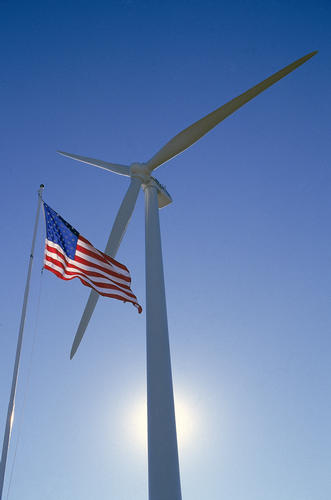In June of 2009 the House passed the American Clean Energy and Security Actwith a 219 to 212 vote (Leggett, Climate Change: Current Issues and Policy Tools). This act is centralized around a cap and trade system and calls for a 17% reduction of CO2 at 2005 levels by 2020 and an 83% reduction by 2050. This would require 20% of US electricity to come from alternative resources by 2020. Click Here to see Obama’s address to the passage the ACESA (American Clean Energy and Security Act).
But does this bill meet the standards for stabilization called for by the scientific community?
• The ACESA falls short of targets proposed by Luers et al in How to Avoid Dangerous Climate Change. They call for a stabilization of greenhouse gasses at 450 ppm to avoid temperatures rising 2 degrees Celsius above pre-industrial levels. At 450 ppm, there is a “medium chance,” or a 50% chance of avoiding the dangerous increases in global temperature
• Other scientists have proposed an even more strict stabilization of greenhouse gasses at 350ppm in order insure that a dangerous rise in global temperatures is avoided.
In conclusion, the ACESA falls short of what the European Union and many environmentalists have called for in greenhouse gas reduction policies.
Although the US new climate change bill may not be as strict as might be necessary in the future, at least it is a starting point. There are hopes that this bill will continue to move the US towards a more green economy and to sign the new Kyoto Protocol in Copenhagen 2009.
According to Leggett in Climate Change: Current Issues and Policy Tools, Bush’s principal arguments for not being a party to the Kyoto protocol were as follows:
1. Uncertainty of climate change science 
2. Potentially high economic costs of cutting greenhouse gas emissions
3. Lack of commitment for developing countries to cut emissions
Times have changed since the Bush era, and we have already seen evidence of this with the American Clean Energy and Security Act. Hopefully, the recognition of climate change in the House will help the US make wise decisions in Copenhagen this winter to sign onto a legally binding, international agreement to cut emissions.
Tags: cap and trade, climate change, Grace Lange, Kyoto Protocol, US Energy Policy
